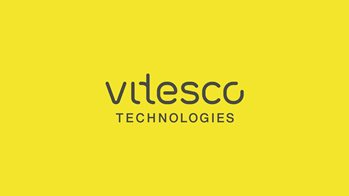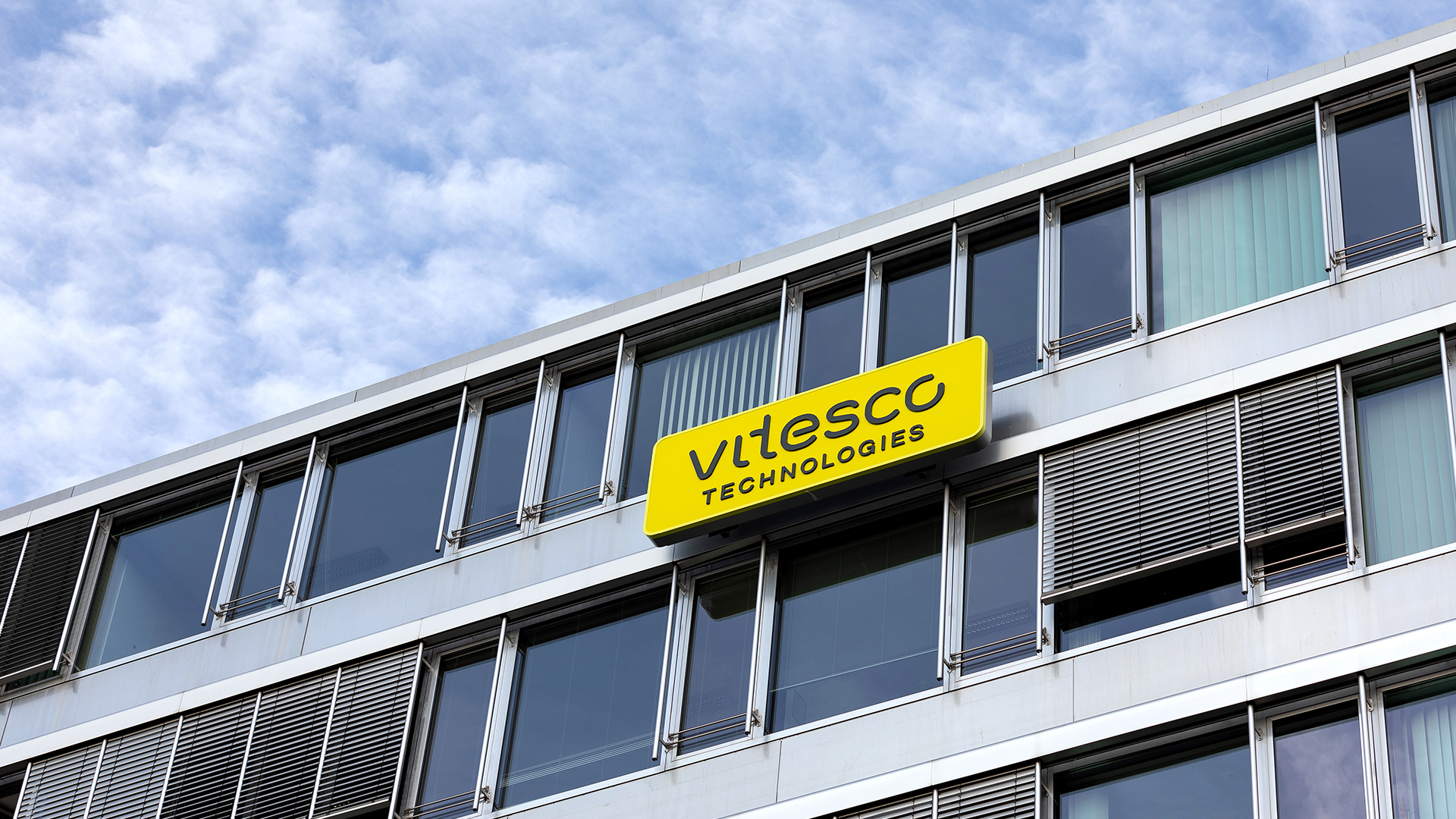
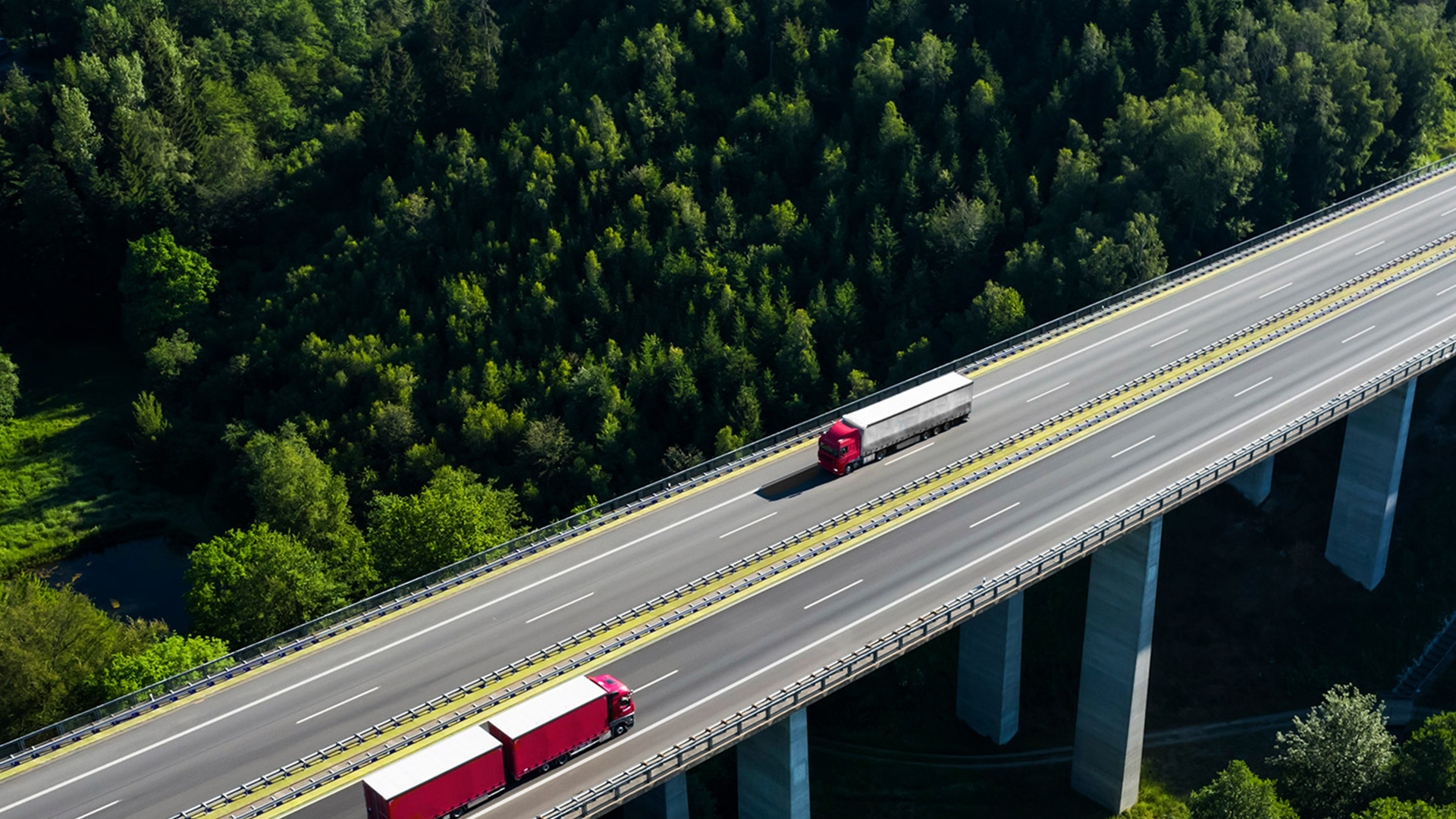


.jpg?width=407&resizemode=force)


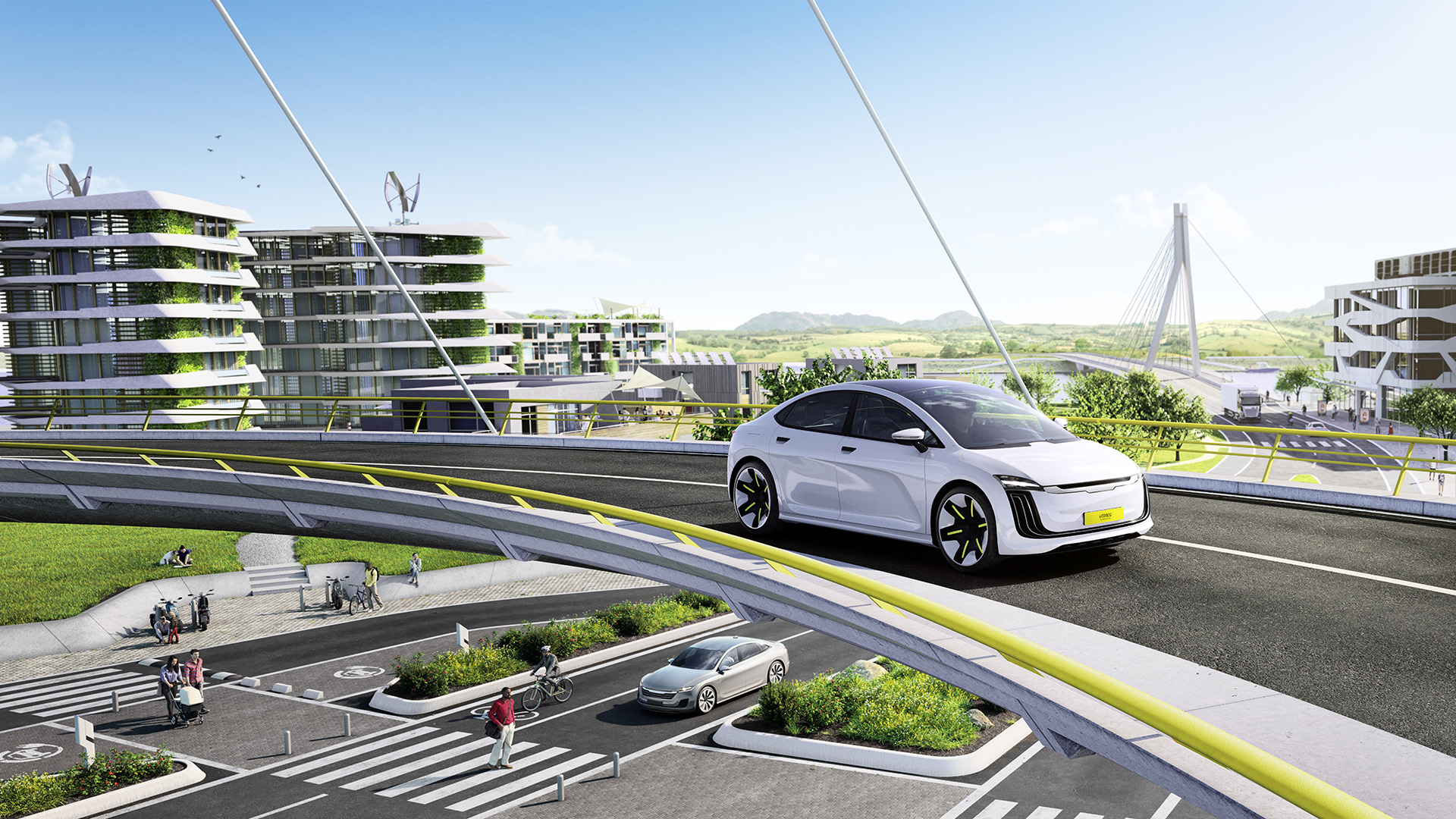

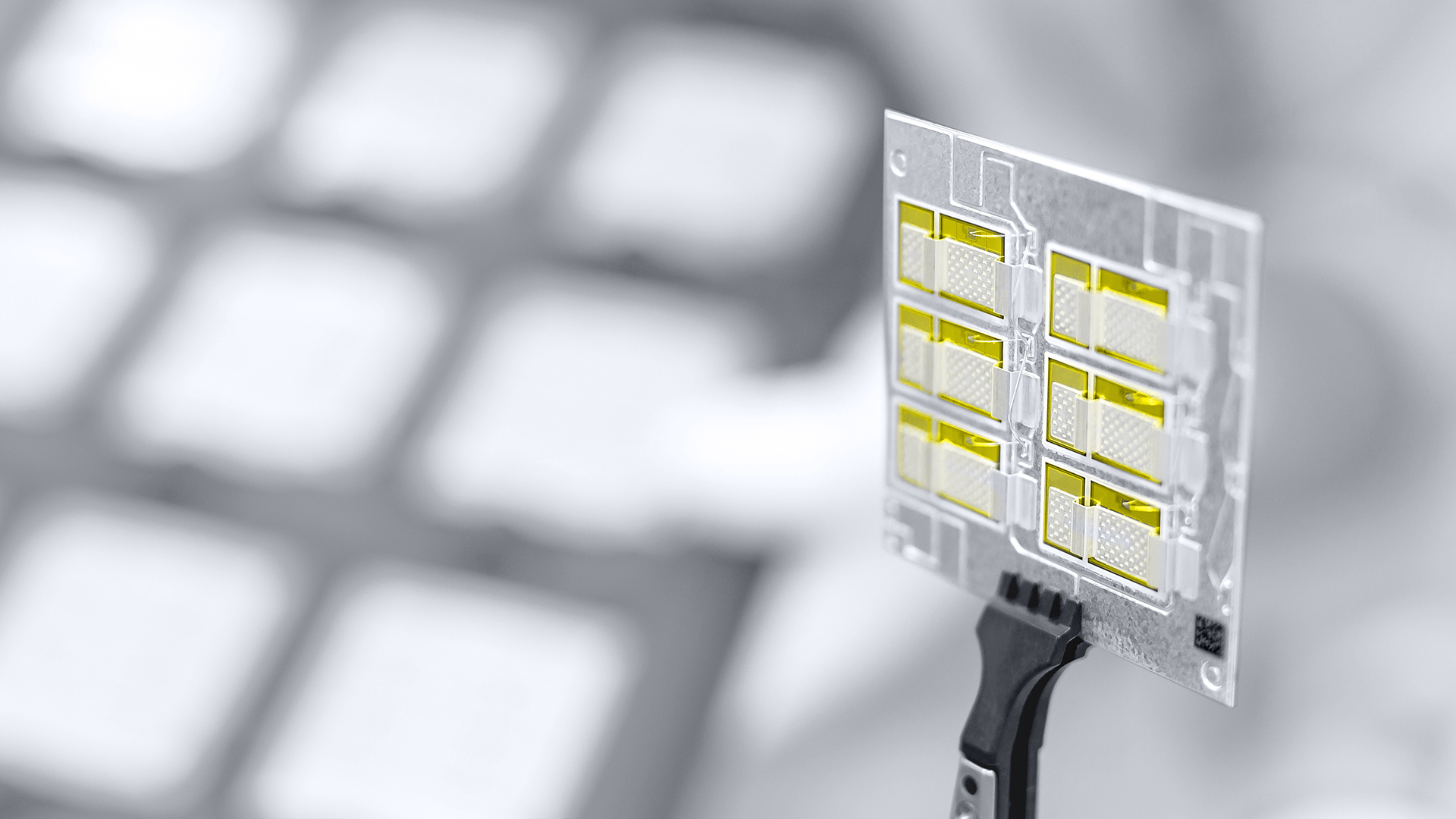
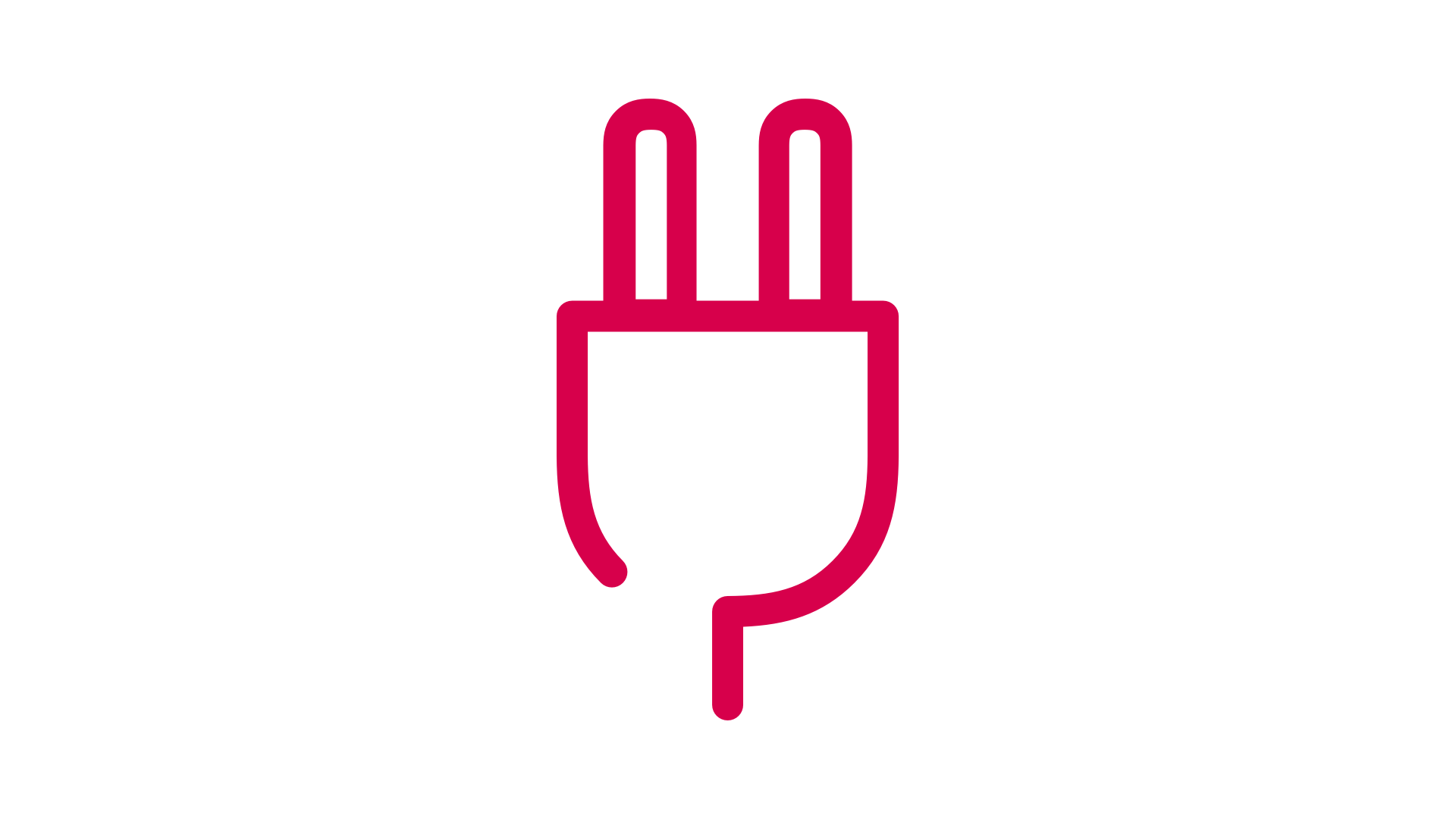
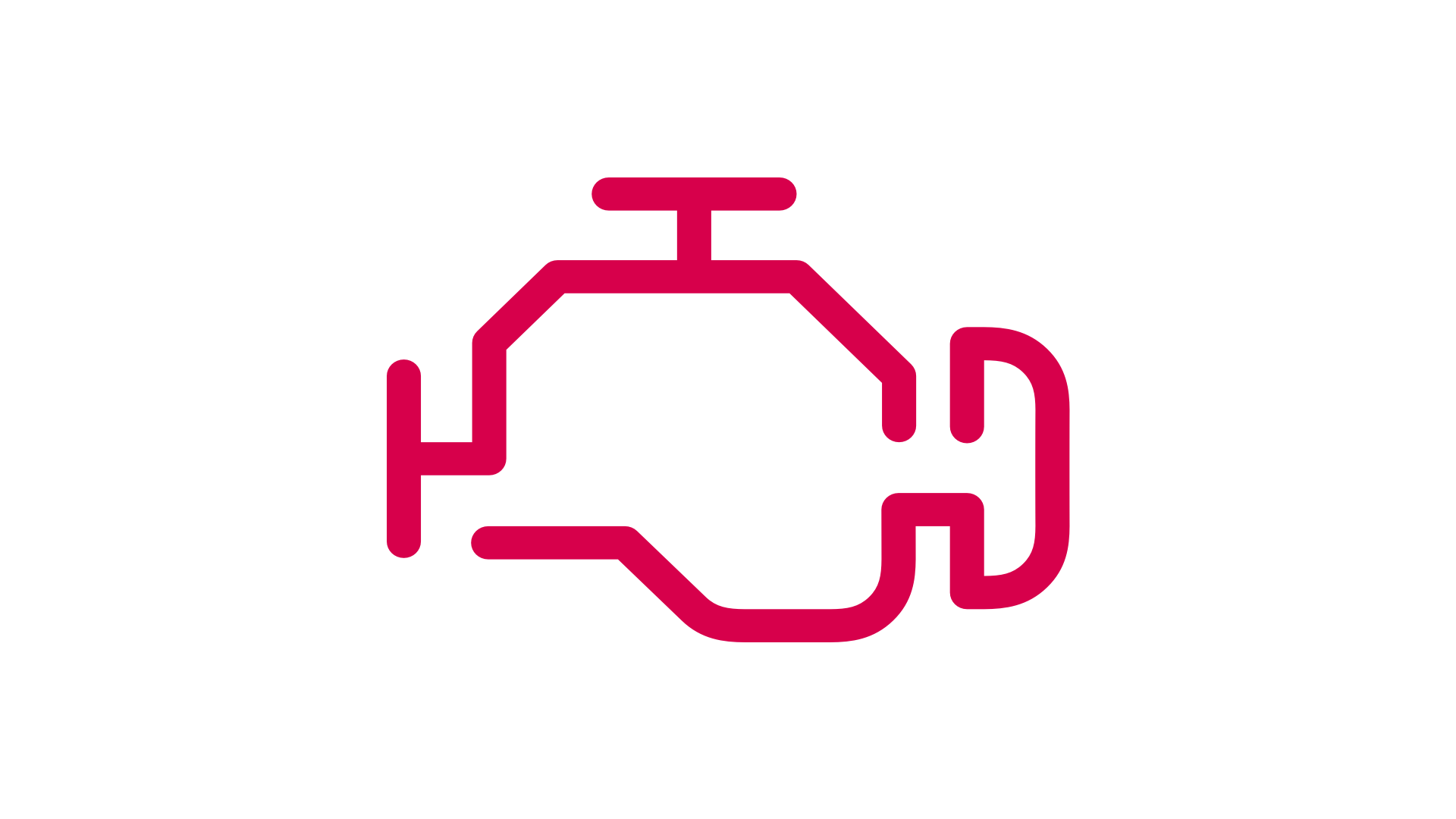
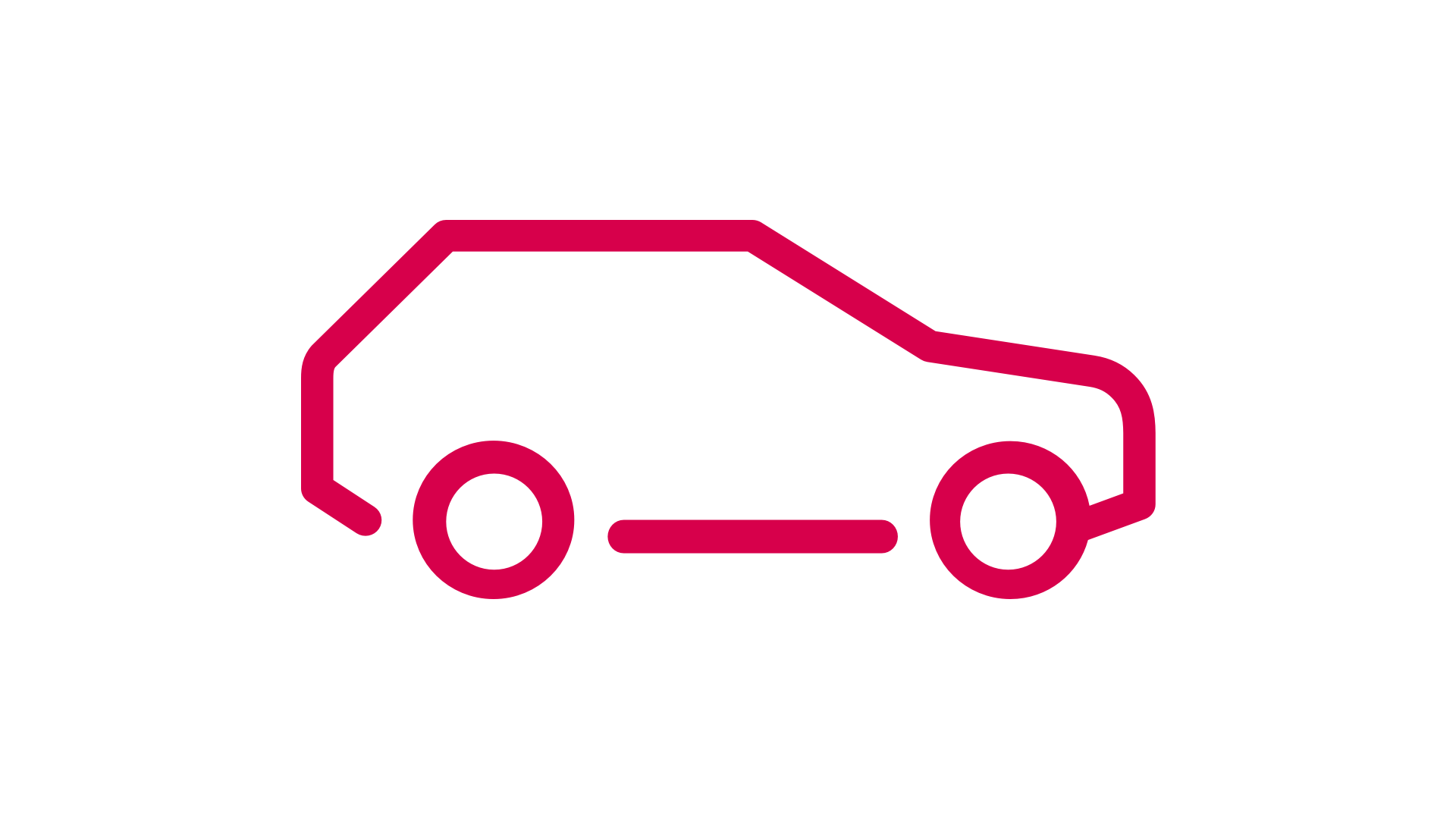

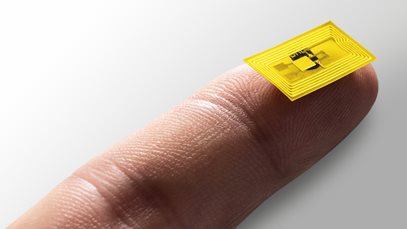

Grupul Vitesco Technologies a devenit parte a Grupului Schaeffler începând cu 1 octombrie 2024, datorită fuziunii Vitesco Technologies Group AG în Schaeffler AG.
Vă rugăm să rețineți: Modificările legale sau reale începând cu 1 octombrie 2024, prin urmare, nu mai sunt reflectate în conținutul site-ului.
Întrucât site-ul nu mai este actualizat, nu ne asumăm nicio răspundere pentru conținutul acestui site web sau pentru site-urile web conectate conținute în acesta. Operatorii site-urilor conectate sunt singurii responsabili pentru conținutul lor.
Indiferent de acest lucru, puteți găsi în continuare BPCoC actual și Termenii și Condițiile Generale de Achiziție la Vitesco Technologies - Furnizori (vitesco-technologies.com).
La următorul link veţi găsi site-ul Schaeffler:




.jpg?width=407&resizemode=force)











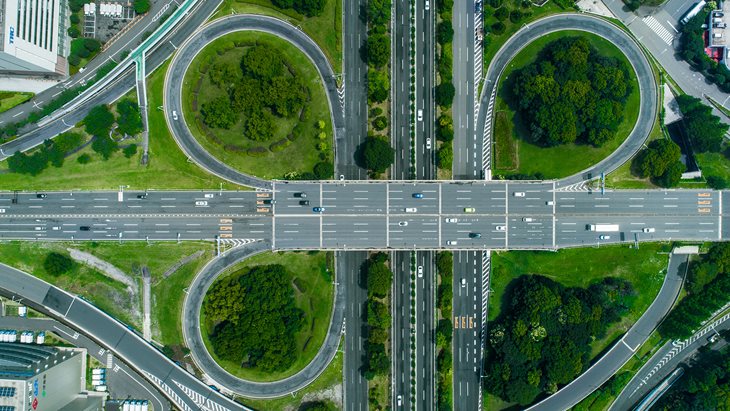
Mobilitatea noastră se va schimba: pe măsură ce orașele se confruntă cu lipsa spațiului și poluarea, micro-mobilitatea electrică va acoperi din ce în ce mai mult deplasările scurte. ¹ Aceasta se extinde nu numai la mobilitatea urbană aeriană, care utilizează drone autonome. ² Serviciile mai bune de mobilitate vor juca, de asemenea, un rol important. Un exemplu pentru această tendință sunt asistenții digitali, care vor optimiza selectarea și rezervarea mijloacelor de transport. ³ Transportul electric va juca, de asemenea, un rol central în realizarea unei logistici sustenabile prin adoptarea vehiculelor electrice pentru livrările pe ultimul kilometru. Cel mai mare obstacol în calea acestei dezvoltări este lipsa actuală a accesului la o încărcare eficientă. Acest lucru subliniază necesitatea unor tehnologii de încărcare diferite. ⁴ O infrastructură alternativă de alimentare este la fel de necesară pentru a rupe dependența de petrol și a reduce emisiile. ⁵ Transportul nu va fi însă doar electric, ci și autonom - atât în transportul public, cât și în depozite. Avansul acestei ere autonome vine odată cu cerința unor standarde de siguranță mai ridicate. ⁶
Modelul de proprietate definitoriu pentru consumatori va fi „folosirea, nu deținerea”, în care oamenii cumpără accesul la produse de mobilitate, nu pe produsele în sine.⁷ În plus, se poate observa o tendință către mobilitatea perfectă, în care călătoriile constau dintr-un lanț de diferite forme de mobilitate într-o singură deplasare. Acest lucru creează o piață pentru rețele inteligente de informații care coordonează diferiți furnizori.⁸ Împreună cu autonomia, conectivitatea și electrificarea trenului de rulare, mobilitatea partajată va genera cantități masive de date noi despre vehicule și șoferi. Iar aceste date reprezintă o oportunitate uriașă de monetizare de succes.
Surse: 1 ADAC 2020 | 2 Roland Berger 2018 | 3 ADAC 2020; Roland Berger 2021 | 4 McKinsey 2020 | 5 European Commission 2021 | 6 McKinsey 2021 | 7 ADAC 2020 | 8 Rolph - Mobilität für Rheinland-Pfalz 2021
